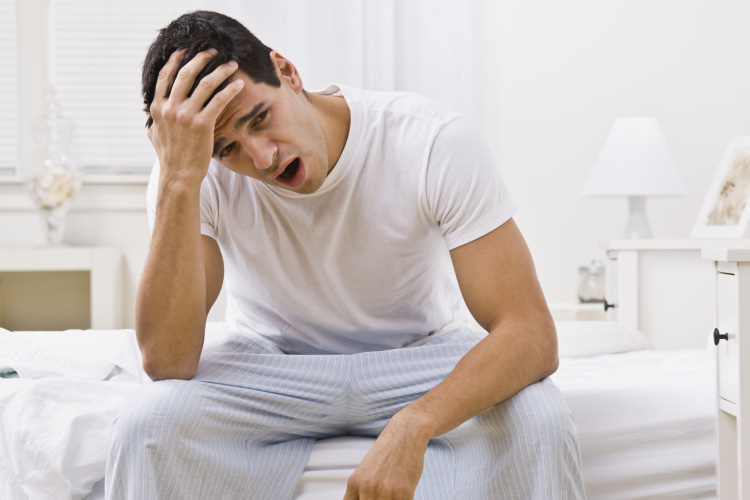
Do you often wake up with a sore jaw? Do you seem to constantly have a morning headache? Or, has a loved one ever told you that you were grinding your teeth and clenching your jaw at night? Teeth grinding, also known as bruxism, is a relatively common condition that affects many of our patients. While most of us may clench or grind our teeth occasionally, regular teeth grinding while you are asleep can negatively affect your oral health if left unaddressed.
Why Do I Grind My Teeth at Night?
Nocturnal teeth grinding is not entirely understood, but has several contributing factors. In some cases, it is the result of increased daytime stress, anxiety, frustration, and anger, especially for those with aggressive, competitive, or perfectionist personalities. In other patients, grinding is a side effect from increased consumption of caffeine and/or alcohol, or the use of recreational drugs, tobacco, or certain medications, such as anti-depressants. For others, clenching or grinding teeth at night is associated with sleep apnea, a serious sleep disorder that results in interrupted breathing throughout the night.
How Does Teeth Grinding Impact My Health?
Not only can teeth grinding disrupt your sleep and keep you from getting the rest your mind and body need, it can have severe consequences for your teeth. Chronic teeth grinding can wear down your enamel, resulting in tooth sensitivity, discoloration, and an increased susceptibility to decay. It can also break, chip, and loosen your teeth, as well as cause jaw pain and temporomandibular joint dysfunction (TMD).
How Do We Treat Teeth Grinding?
At Leesburg Family Dental, our first step in treating teeth grinding is to determine the underlying cause. If stress and anxiety are causing you to grind your teeth at night, we may recommend seeking professional treatment. Or, if the teeth grinding is caused by sleep apnea, we may prescribe an oral appliance that you can wear at night to improve sleep quality. A custom-fitted nightguard can also protect your teeth from further damage until the underlying cause of your bruxism is identified.
Reach Out to Our Expert Team!
To ask our team any further questions about grinding your teeth, or to schedule your next visit to our office, contact us today.
Contact Us